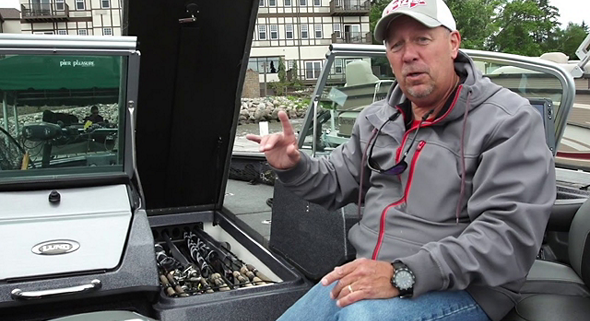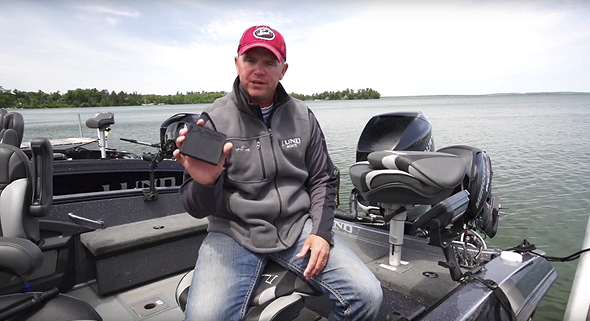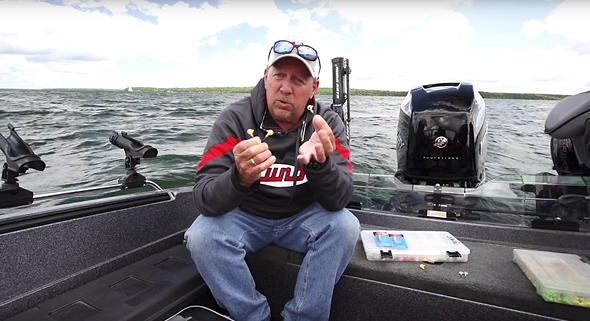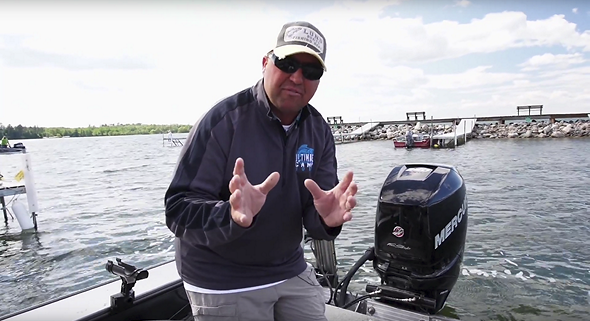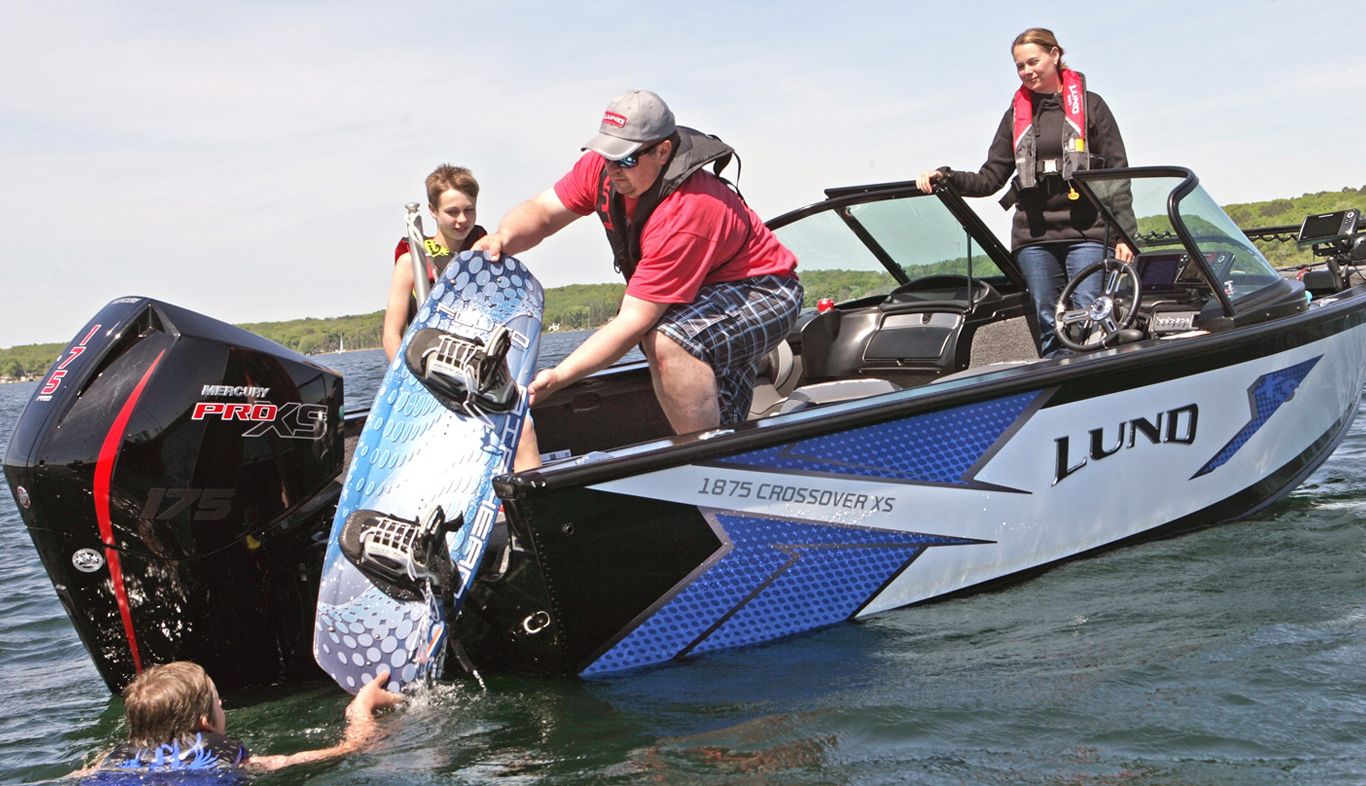
HOW TO GET THE BEST DEAL ON BOAT INSURANCE
If you have a new boat, or you're getting back into boating, you should get insurance. It's essential to protect your boat, your gear (like fishing equipment), and yourself in case something goes wrong.
Step 1: Find a Boat Insurance Company
Getting boat insurance doesn't have to be complicated. There are boat insurance companies that specialize in boat policies and can help you through the process. You can ask your boat dealer for recommendations or talk to providers at boat shows to shop around for a good boat insurance quote.
Step 2: Look at Optional Coverage
Besides the basic coverage for your boat's body, engine, and equipment, check if your policy offers extra protection. For example, you can get coverage for damage to the lower part of your outboard motor for about $40 per year. This covers important parts that keep your boat running smoothly.
Step 3: Think About Roadside Help
Consider getting roadside assistance as an extra safety net. If your car breaks down while towing your boat, they'll tow both the car and the boat-trailer combo to the nearest repair place. Regular boat insurance policies typically cover up to $500 for on-the-water boat towing, but if it takes a long time (around $250 per hour), it can add up. Look for programs that cover extra on-the-water help to the nearest repair point, like jump-starts, fuel delivery, fixing propeller tangles, or getting unstuck.
Step 4: Save Money on Insurance
Here are a couple of distinctive strategies to trim down your boat insurance expenses:
Opt for a Heftier Deductible:
If you're inclined to reduce your monthly payments on your insurance, you can opt for a more substantial deductible. However, bear in mind that in the event of a claim, you'll need to contribute more upfront.
Consolidate Your Coverage:
Many insurance providers extend generous discounts when you consolidate your policies under their roof. This means bundling together your various insurance needs, such as auto, homeowners, and boat insurance, can lead to substantial savings.
Pay Once a Year:
Some insurers offer a discount if you pay for the entire year upfront instead of in smaller installments. If you sell your boat during the year, you'll get a refund for the unused months.
Use Your Good Record:
Ask about an "original owner discount" and see if your clean driving record, both on the road and on the water, can save you money.
Take Safety Courses:
Completing a state-approved boating safety course can get you up to a 10% discount on premiums. You can find these courses through organizations like the National Association of State Boating Law Administrators (NASBLA), BoatClass, the USCG Auxiliary, and the US Power Squadron.
Review Your Coverage Area:
Don't pay for more coverage than you need. If you use your boat on one lake, consider reducing your coverage area. If you won't be using your boat for a while and it's stored on land, you might qualify for lower insurance costs.
Step 5: Shop Around and Consider Limited Coverage
To find the best-priced boat insurance, compare different options. Look for hidden discounts like a "disappearing deductible," where your deductible gets smaller each year if you stick with the same policy. There's also "small claim forgiveness" where the insurance company pays for small damages if you're not at fault and have a clean record.
If you have a small fishing boat, you can consider "liability-only" coverage, which protects you from third-party damage, medical costs, and environmental cleanup in case of an accident.
Spending time to find the right boat insurance can give you peace of mind and financial protection for your boat and its equipment. Don't forget the importance of insurance that suits your specific boating needs.
Sign Up
For our monthly eNewsletter "The Catch"
